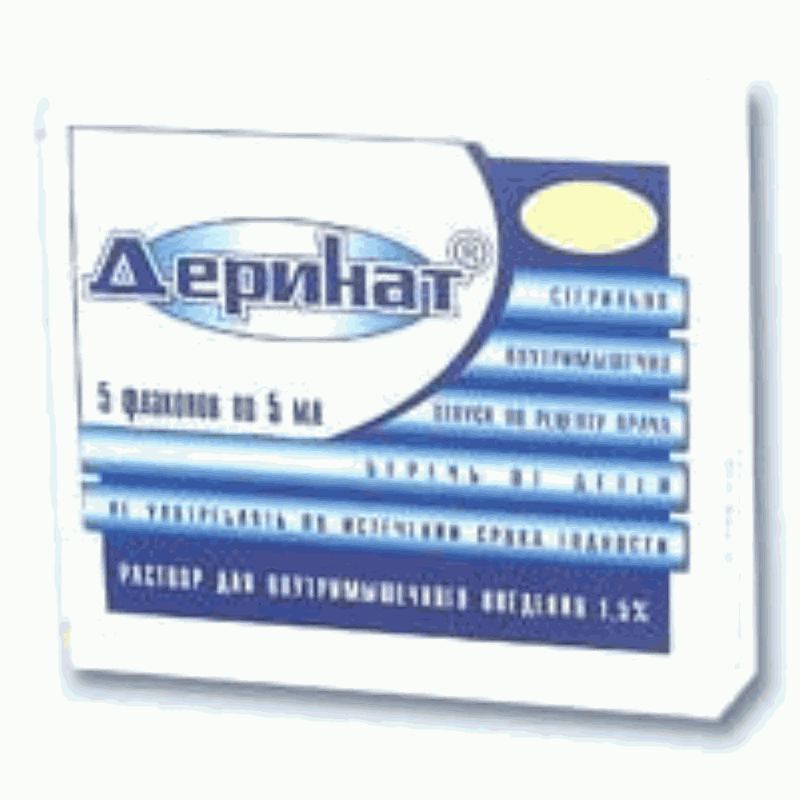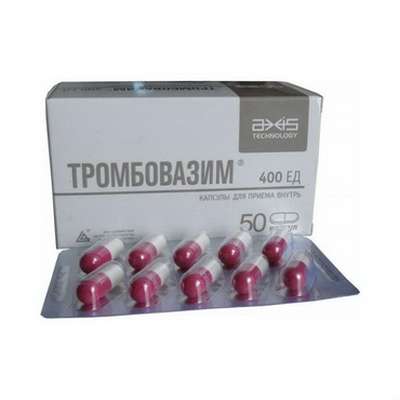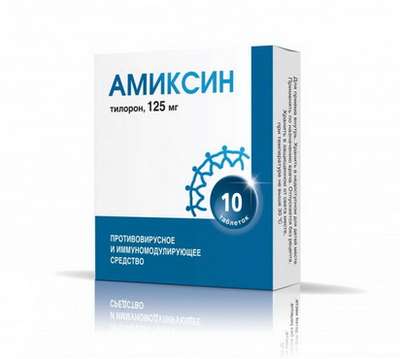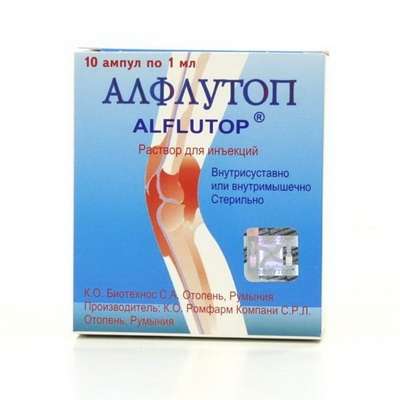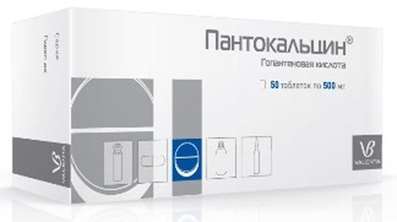Derinat (Sodium deoxyribonucleate, Natrii deoxyribonucleas, Natrii deoxyribonucleatis) - exerts modulating effects on cellular, humoral immune system and the nonspecific resistance of the organism, that leads to optimization of the inflammatory response and a specific immune response to bacterial, viral and fungal antigens. Having expressed lymphotropic, Derinat stimulates drainage and detoxification function of the lymphatic system in the first place in the hearth of the inflammatory response. The drug activates antiviral, antifungal and antimicrobial immunity, stimulates reparative and regenerative processes, has anti-inflammatory effect, normalizes the state of tissues and organs dystrophy vascular origin.
Immunomodulatory effect Derinat the drug due to its ability to stimulate B cells, activate the T-helper cells and monocyte-macrophage system. The drug accelerates energy metabolism within the cell, the synthesis of RNA and DNA. The activation of cellular immunity Derinat drug enhances the ability of natural killer cells act on cells infected by viruses, chlamydia, Staphylococcus aureus, Escherichia coli, Helicobacter, and others. Derinat stimulates reparative and regenerative processes. The drug has anti-inflammatory, anti-tumor, anti-allergic and detoxifying effect and antioxidant and membrane stabilizing properties. Derinat normalize the condition of the body when dystrophies vascular origin, has a slightly pronounced anticoagulant effect.
Derinat facilitates removal of free radicals from the body reduces the sensitivity of cells to the damaging effects of chemotherapeutic agents.
In the body, the drug accumulates predominantly in the immune system and hematopoiesis organs - bone marrow, spleen, lymph nodes, as well as in the intestinal epithelium.
It increases the body's resistance to infections. It stimulates hematopoiesis (normalizing the number of white blood cells, lymphocytes, granulocytes, phagocytes, platelets).
Having expressed lymphotropic, Derinat stimulates drainage and detoxification function of the lymphatic system. Derinat significantly reduces the sensitivity of cells to the damaging effects of chemotherapeutic drugs and radiotherapy.
It has cardioprotective, anti-ischemic and cytoprotective action. When the Derinat drug in the complex therapy of patients with ischemic heart disease improves contractile function of the myocardium, prevented the death of cardiomyocytes, increased exercise tolerance.
In gastric ulcer and duodenal ulcer marked restorative effect of the drug, the restoration of the mucosa and pronounced immunomodulatory effect, aimed at eliminating the infectious agent Helicobacter pylori.
The drug does not have embryotoxic, teratogenic and carcinogenic effects.
Indications Derinat drug:
- in the complex therapy of chronic recurrent inflammatory diseases of various etiologies, not amenable to standard therapy;
- severe course of influenza, SARS and its complications (pneumonia, bronchitis, bronchial asthma);
- chronic obstructive pulmonary disease;
- in the complex therapy of bacterial and viral infections;
- allergic diseases (allergic rhinitis, asthma, atopic dermatitis, hay fever);
- to activate regenerative processes;
- gastric ulcer and duodenal ulcers, erosive gastroduodenitis;
- urogenital infections (chlamydia, ureaplasmosis, mycoplasmosis, including sochetannye virusassotsiirovannye infection);
- endometritis, salpingo, endometriosis, fibroids;
- prostatitis, benign prostatic hyperplasia;
- preoperative and postoperative periods (in surgery);
- cardiac ischemia;
- trophic ulcers, nonhealing wounds;
- obliterative lower limb vascular disease, chronic ischemic disease of the lower extremities stage II and III;
- burn disease;
- rheumatoid arthritis, including complicated by acute respiratory disease, or SARS;
- stomatitis induced by cytostatic therapy;
- odontogenic sepsis, purulent-septic complications;
- mielodeprescia and resistance to cytostatics in cancer patients that developed on the background of cytostatic and / or radiation therapy (stabilization of hematopoiesis, reducing cardio- and myelotoxicity of chemotherapeutic agents);
- hematopoietic disorders;
- treatment of radiation injuries;
- pulmonary tuberculosis, inflammatory airways disease;
- secondary immunodeficiency states of various etiologies.
Interaction:
Use of the drug in the treatment of Derinat can improve efficiency and reduce the duration of treatment, with a substantial reduction doses of antibiotics and antiviral agents with increasing periods of remission.
Derinat increases the effectiveness of anticancer anthracyclines antibiotics, cytostatics.
The drug potentiates the therapeutic effect of basic therapy in gastric ulcer and duodenal ulcer. Derinat reduce iatrogenic basic drugs for the treatment of rheumatoid arthritis with the achievement of 50 and 70% improvement on a number of complex indicators of disease activity.
Surgical sepsis Derinat introduction of the drug in the composition of complex therapy causes a decrease in the level of intoxication, immune activation, normalization of blood, improves the functioning of the bodies responsible for the processes of the internal environment of the body's detoxification (including the lymph nodes, spleen).
Suggested Use:
Derinat as a solution for injection administered in adults / m in an average single dose of 75 mg (5 ml of 1.5% solution) administration at intervals of 24-72 hours.
In CHD administered 10 injections of the drug with an interval of 48-72 hours.
In gastric ulcer and duodenal ulcer prescribe 5 injections with an interval of 48 hours.
When cancer patients - 3-10 injections at an interval of 24-72 hours.
When uterine fibroids and prostate - 10 injections with an interval of 24-48 hours.
In tuberculosis - 10-15 injections at intervals of 24-48 hours.
In acute inflammatory diseases - 3-5 injections at intervals of 24-72 hours.
In chronic inflammatory diseases - 5 injections with an interval of 24 h, more 5 injections every 72 hours.
Children multiplicity / m administration is the same as that of adults.
Children under 2 years of drug administered in an average single dose of 7.5 mg (0.5 mL of 1.5% solution) in children aged 2 to 10 years, a single dose is determined by the rate of 0.5 ml per year of life.
Packaging:
- Comes in original packaging. Item is brand new and unopened.
Storage:
- Keep away from direct sunlight.
- Keep locked and away from children.
- Store in dry place at room temperature.
- Do not exceed storage temperature higher than 25 C
Important notice- the outer box design may vary before prior notice!

 Cart
Cart
